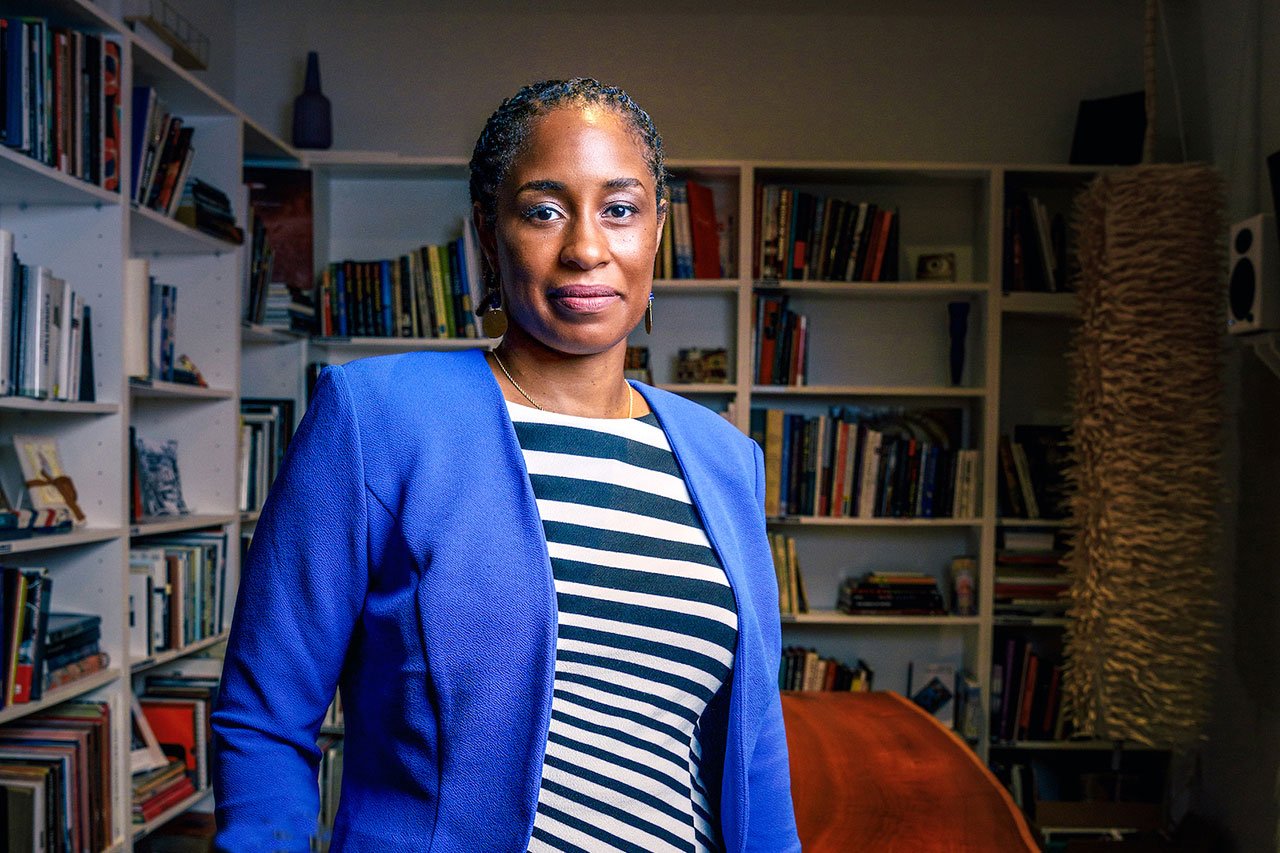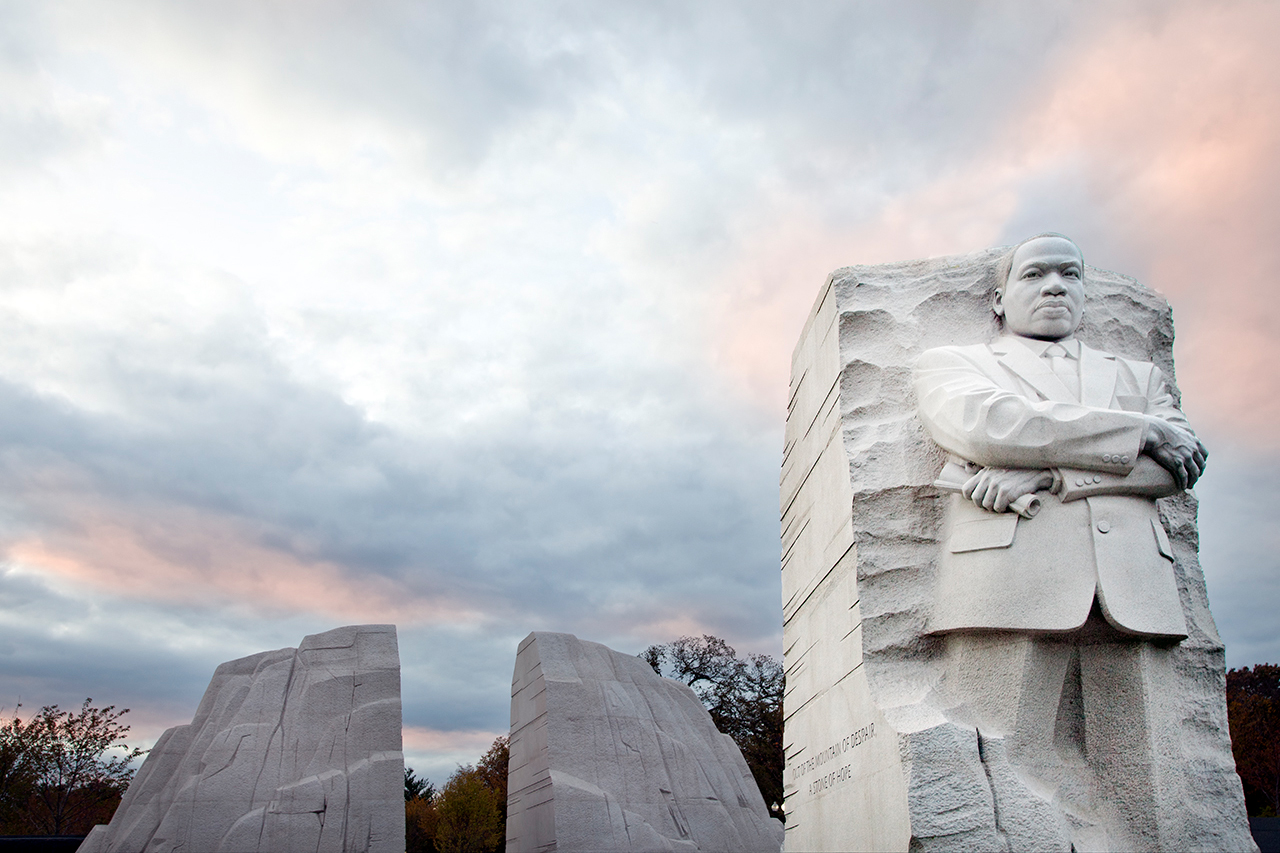College of Charleston Professor Wins Fulbright Partnership Award
Kameelah Martin, professor of African American studies and English, received the 2024–25 US–UK Fulbright Global Challenges Teaching Award in Racial Justice.

Kameelah Martin, professor of African American studies and English at the College of Charleston, received the 2024-25 US-UK Fulbright Global Challenges Teaching Award – Racial Justice for her course, Ancestries of Enslavement.
The GCTA – Racial Justice supports a pair of higher education teaching faculty – one from the U.S. and one from the UK – to co-deliver a virtual exchange program on racial justice. Martin will collaborate with Dionne Taylor, a fellow award winner from Birmingham City University, who was awarded for her course, Black Studies Project.
“Being partnered with the first Black studies program established in Europe inspires enumerable ways to collaborate,” says Martin, whose enthusiasm for international education and exchange impressed the selection panel. “I’m committed to exposing our students to the international reach of the discipline.”
The yearlong program supports the development and delivery of a virtual exchange partnership utilizing the Collaborative Online International Learning model. The award also includes travel for the faculty members to visit their partner institution, professional development and customized mentoring, along with $5,000 and a $2,500 technical support payment to each of the two institutions.
With over 70 years of experience in conducting educational exchanges between the United Kingdom and the United States, the US-UK Fulbright Commission staff will be on hand to assist in the development and delivery of these virtual exchange courses. The courses will be ready for delivery by September 2025.
The US-UK Fulbright Commission’s Global Challenges Teaching Awards aim to bridge the gap created by traditional in-person exchanges, which face economic and environmental pressures and may not be accessible to everyone. The program focuses on understanding and addressing four specific global challenges: racial justice, inequality, climate change and polarization/division.



